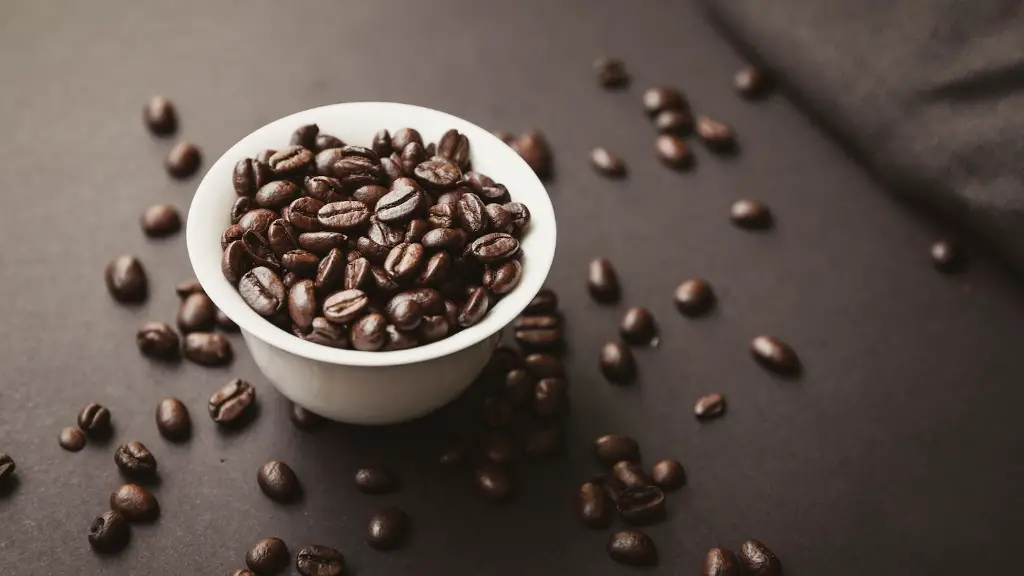Coffee Drinking Guidelines
Drinking coffee at the wrong time of day can lead to a disrupted sleep cycle and an often unbearable feeling of being wired and exhausted throughout the day. Knowing when to have the last cup of coffee for the day is a way of protecting one’s health and wellbeing. Here are some guidelines on when to drink the last coffee of the day.
Caffeine Half-Life
Caffeine is a stimulant drug with a half-life of roughly 4-6 hours. This means that, after consuming coffee, it takes 4-6 hours for the body to metabolize around half of the total caffeine content in the drink. As the metabolism of caffeine is slower in some people compared to others, they might need to adjust the amount of time they wait before drinking their last cup of coffee.
The Perfect Timing
Whether a person’s goal is to stop consuming caffeine in the evening or to cut down on it, the best time for drinking the last coffee of the day is usually between 2-4 hours before bed because caffeine’s half-life decreases for most individuals during sleep. Therefore, when consuming coffee close to bedtime, one does not always feel the effects, but the effects will kick in when entering the deeper phases of sleep, potentially resulting in disturbed sleep or having trouble falling asleep.
Drinking Habits
Some people might be wondering how much coffee they should drink during the day and how this affects the timing of their last cup of coffee. According to experts, around 400 mg (3-4 cups) of caffeine is the recommended daily intake, so this is the absolute maximum that one should be consuming. Consider devising a routine of two or three daily coffee intakes with the last one at least 4 hours before bedtime.
Sleep Quality
The timing of drinking one’s last cup of coffee is the key to good sleep quality, as sleeping quality can be severely impaired should someone consume coffee shortly before bedtime. People who drink coffee at the wrong time might experience a phenomenon called ‘rebound insomnia’ – insomnia symptoms that appear after caffeine withdrawal, usually a few hours after waking up jolting from a shallow night of sleep.
Caffeine Sensitivity
The time of the day when people should have their last cup of coffee is also affected by individual caffeine sensitivity levels, as some people might be especially sensitive to the effects of caffeine and thus, might need to adjust the time for the last cup. Should someone be especially sensitive to caffeine and experience side-effects such as anxiety, heart palpitations or restlessness, they might want to consider reducing the amount of caffeine they drink or limit the last cup of coffee to a few hours before bed.
Alternatives
It’s important to consider alternatives to coffee and caffeinated drinks as people’s affinity for the beverage has a tendency to grow over time, and thus, consuming a cup of coffee after dinner might not be an ideal way of winding down. People who are used to having coffee as part of their evening routine can choose to drink decaffeinated coffee instead or opt for sleep tea such as chamomile tea.
Personalized Plan
Adopting a personalized plan regarding when to drink the last cup of coffee of the day is essential to ensuring good sleep and better health. Knowing the half-life of caffeine, the caffeine sensitivity level, the total daily intake of caffeine, as well as alternatives to coffee are considerations that will help establish when to drink the last cup of coffee of the day.
Genes and Metabolism Factors
Genes and metabolic health also play a role in the effects of caffeine on the body and determine individual tolerance levels. People that are genetically sensitive to caffeine or those that have an impaired metabolism might require more time to metabolize a cup of coffee and might have to adjust the daily intervals between coffee drinking accordingly.
Diabetes and Blood Sugar Levels
Consuming coffee and other caffeinated beverages can also affect blood sugar levels and affect people with diabetes differently to people without diabetes. As caffeine triggers the body to produce insulin and people with diabetes have a harder time regulating their blood sugar levels, they should be especially careful regarding the timing and amount of the last cup of coffee.
Awareness of Effects
To sum up, having an awareness of when to drink the last coffee of the day is essential for everyone’s health and wellbeing. Different factors such as the half-life of caffeine, metabolizing speed, individual tolerance, diabetes, and metabolism health play a role and should be taken into account when establishing a personalized plan regarding when to drink the last cup of coffee of the day.


